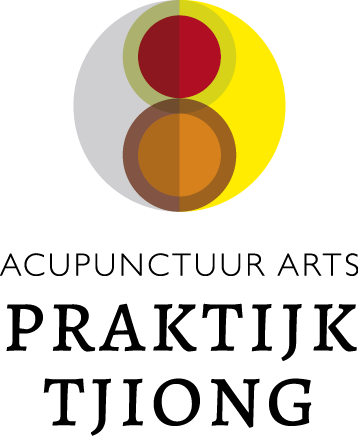Acupuncture treatment is amongst the oldest healing practices in the world and has been practised in China and other Asian countries for thousands of years. Acupuncture belongs to the group of TCM treatments along with other treatments like Tuina (medical massage), moxa, cupping, Chinese dietary principles, Chinese herbs, Qigong and Taiqi (see treatment section for more information).
TCM views disease as an imbalance between bodily functions, caused by interacting influences from the external world, emotions, constitution and lifestyle. Acupuncture works by inserting very fine needles into specific points of the body to stimulate the self-regulating and self-healing systems of the body. Today TCM is practised together with Western Medicine in many of China’s hospitals and in respected hospitals like the Mayo clinic and Memorial Sloans-Ketering Cancer Centre (New York) in the United States. This is what we call integrative medicine: taking the best from both worlds.
What Western science says about acupuncture
The insertion of needles into designated points stimulates the body to release chemicals or hormones that trigger the body’s self-regulating and self-repair system. There is sufficient modern scientific evidence that acupuncture treatment influences the nervous system and hormonal system in a positive way. The effects are measurable at the levels of cells, genes and neurotransmitters (for more information please go to www.iocob.nl).
Treating the cause and prevention
Integrative medicine takes both body and mind into consideration when looking at health and disease. TCM in particular treats not only symptoms but also looks into the cause(s) of disease, looking at the patient in a holistic manner. While receiving acupuncture treatment and at the same time looking at our way of life, the food we ingest, and how we cope with stress and emotions, we can contribute considerably to achieving better health. This strategy can also play an important role in preventive healthcare. Prevention of disease is an important part of medicine in Asian countries. It’s not that we can always prevent illness but we certainly can contribute a lot to promoting our health, when given the knowledge to do so.
Side effects and risks
Acupuncture has few side effects and can be safely used, however treatment must be given by a skilled, educated (conventional Western and TCM) medical professional. After treatment, you may experience some tiredness for up to 24 hours after treatment, as your body searches for and adjusts to a new balance. It is wise to drink sufficiently after treatment (plain boiled cooled down water) and to dress warmly. Be gentle with yourself and take rest when needed.
Should any unusual tiredness last longer than 24 hours, let us know.
